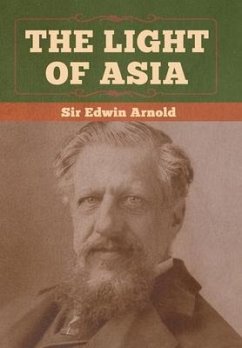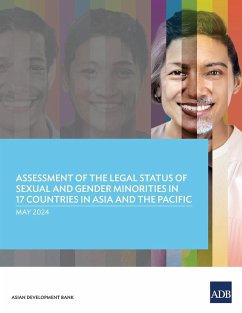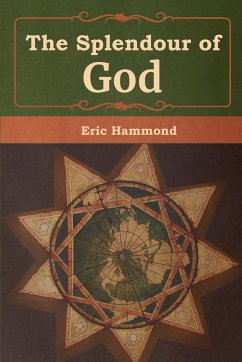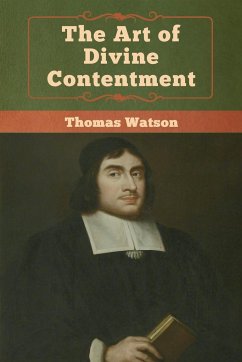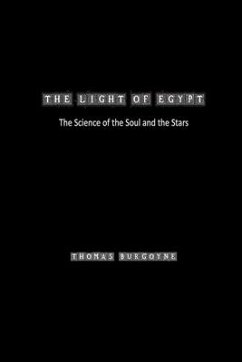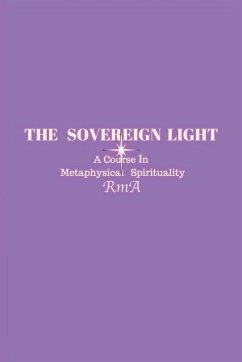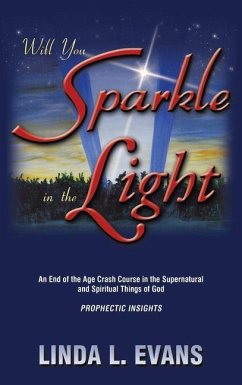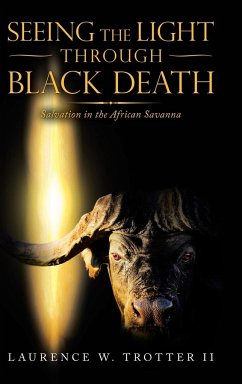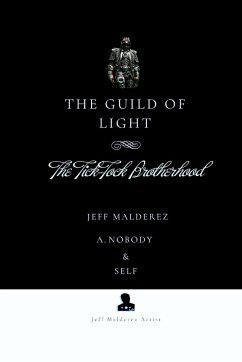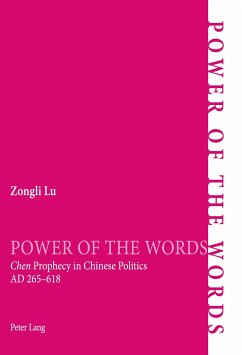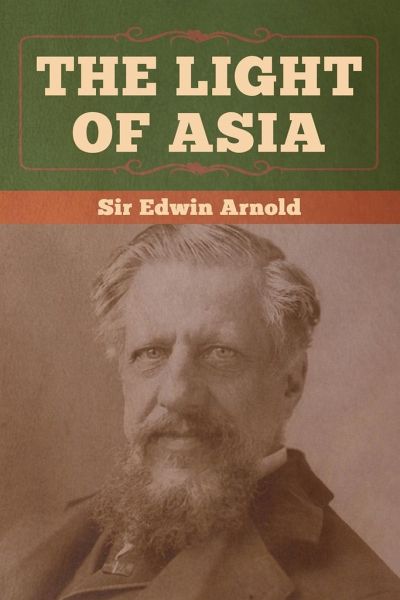
The Light of Asia
Versandkostenfrei!
Versandfertig in 1-2 Wochen
15,99 €
inkl. MwSt.

PAYBACK Punkte
8 °P sammeln!
Sir Edwin Arnold, (born June 10, 1832, Gravesend, Kent, Eng.-died March 24, 1904, London), poet and journalist, best known as the author of The Light of Asia (1879), an epic poem in an elaborately Tennysonian blank verse that describes, through the mouth of an "imaginary Buddhist votary," the life and teachings of the Buddha. Pearls of the Faith (1883), on Islam, and The Light of the World (1891), on Christianity, were less successful. After leaving the University of Oxford, Arnold was a schoolteacher in Birmingham before becoming principal of the British government college at Poona (Pune), In...
Sir Edwin Arnold, (born June 10, 1832, Gravesend, Kent, Eng.-died March 24, 1904, London), poet and journalist, best known as the author of The Light of Asia (1879), an epic poem in an elaborately Tennysonian blank verse that describes, through the mouth of an "imaginary Buddhist votary," the life and teachings of the Buddha. Pearls of the Faith (1883), on Islam, and The Light of the World (1891), on Christianity, were less successful. After leaving the University of Oxford, Arnold was a schoolteacher in Birmingham before becoming principal of the British government college at Poona (Pune), India, in 1856. He returned to England in 1861 to join the staff of the Daily Telegraph, where he was chief editor from 1873 to 1889. He published several volumes of shorter poems as well as translations of Indian verse and a good deal of prose travel writing. The essays collected in Japonica (1892) were an important contribution to the late 19th-century "cult of Japan" in Britain, as were his adaptations of Japanese poetry in The Tenth Muse (1895) and his Japanese play Adzuma (1893). He was knighted in 1888. (britannica.com)





